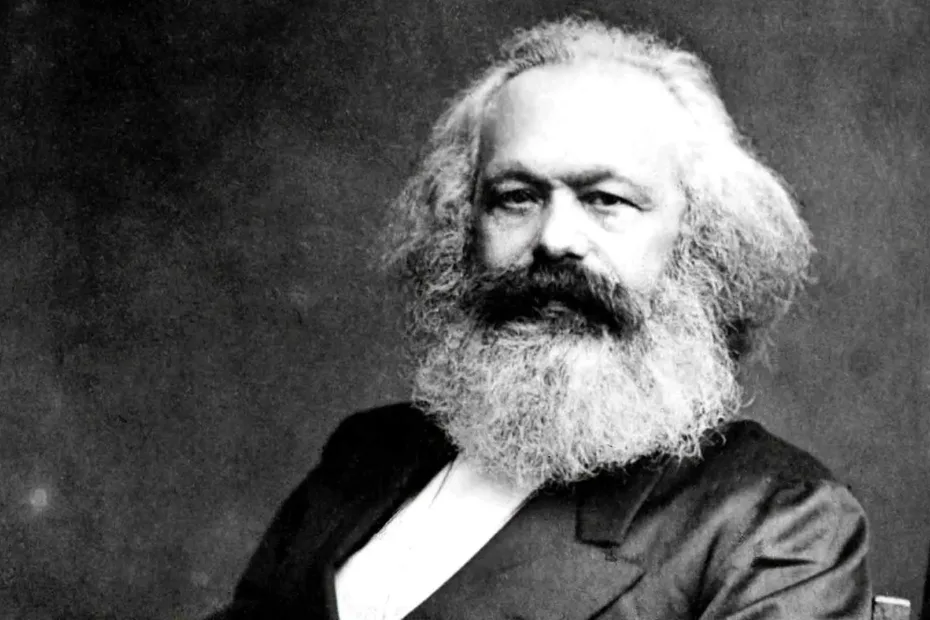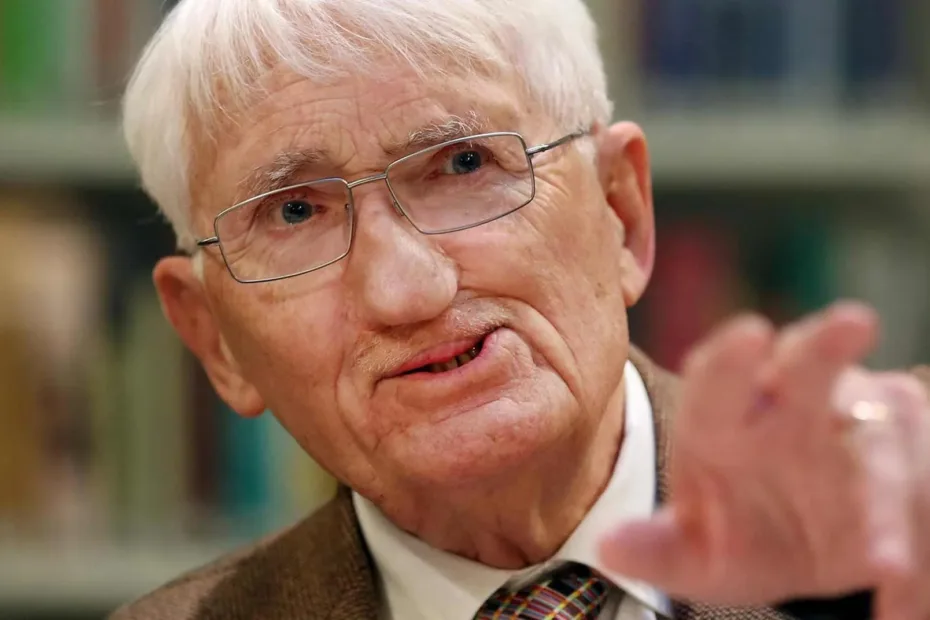Universal Grammar | Exploring the Origins of Language Acquisition
Language serves as a crucial tool for human interaction, facilitating the expression of thoughts and ideas. The ease with which humans acquire language and the universality of language development patterns across cultures raise questions about the theory of Universal Grammar.









